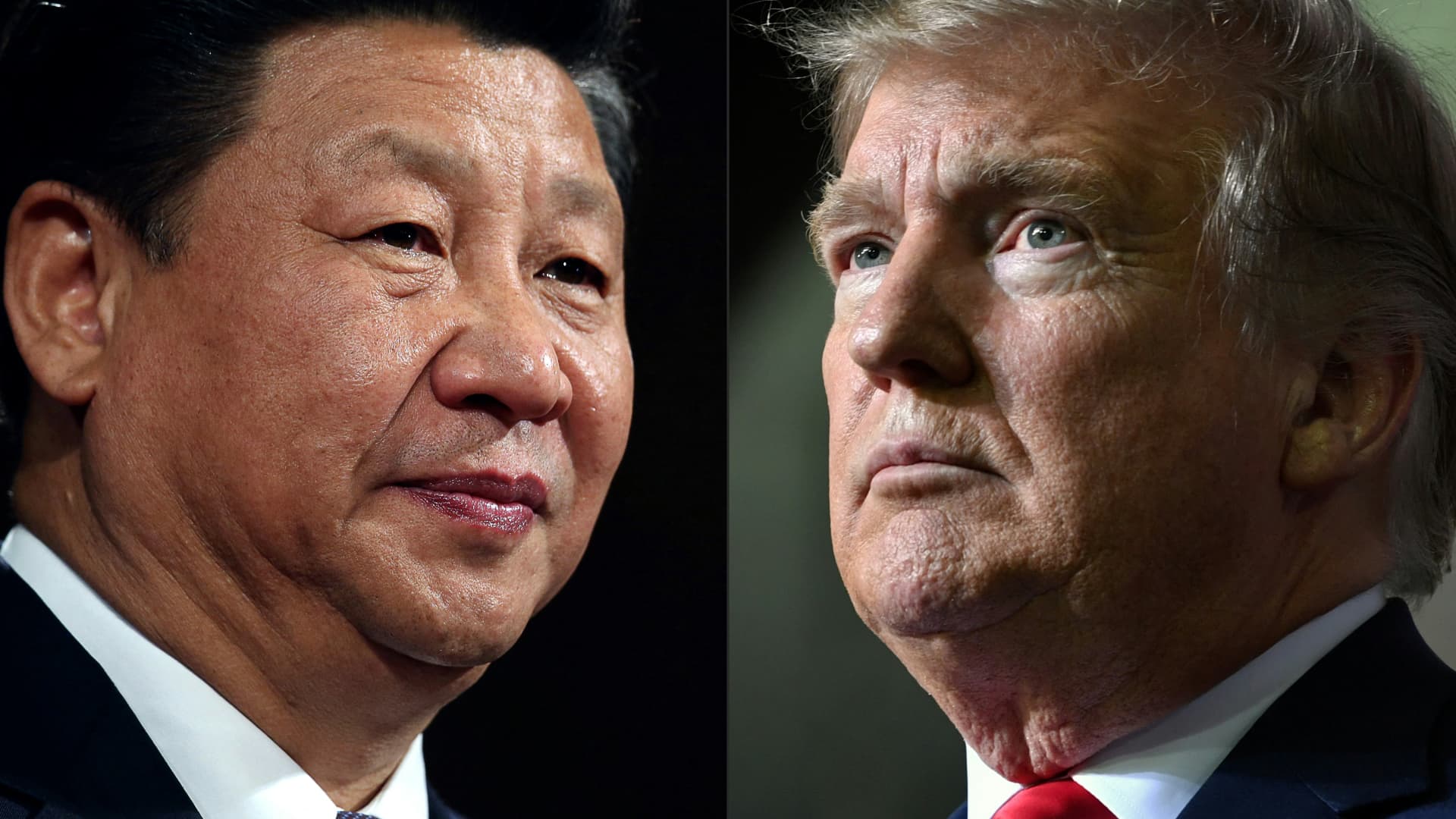Saudi Aramco’s Ras Tanura oil refinery and oil terminal
Ahmed Jadallah | Reuters
Saudi state oil giant Aramco reported a 15.4% drop in net profit in the third-quarter on the back of “lower crude oil prices and weakening refining margins,” but maintained a 31.05 billion dividend.
The company reported net income of $27.56 billion in the July-September period, topping a company-provided estimate of $26.9 billion. The print is also a 5% drop from the previous quarter, which came in at $29.1 billion, as lower global oil prices, weaker demand and prolonged OPEC+ production cuts led by Saudi Arabia continue to impact crude prices.
The average selling price of oil for the second quarter of 2024 stood at $85 per barrel, but dropped to $78.7 per barrel during the third quarter, according to Saudi-based bank Al Rajhi capital, as non-OPEC supply volumes grew.
The oil firm said its year-on-year decline was partly offset by a “reduction in selling, administrative and general expenses primarily driven by a gain from derivative instruments, and a decrease in production royalties largely reflecting lower crude oil prices and a lower average effective royalty rate compared to the same quarter last year.”
Aramco’s dividend includes a base payout of $20.3 billion and a performance-linked one of $10.8 billion.
Earnings before Interest and Taxes (EBIT) came in at $51.45 billion in the third quarter, down 17% year-on-year. Aramco’s capital expenditure guidance was brought up 20% to $13.23 billion.
The earnings align with a broader trend across oil majors, whose third-quarter profits have also suffered from declines in crude prices and refining margins. Aramco said it achieved average realized crude price of $79.3 per barrel in the third quarter, compared with $89.3 per barrel in the same period of last year.
Saudi Arabia, the world’s largest crude exporter who produces roughly 9 million barrels per day of crude at present, serves as the de facto leader of the OPEC+ oil producers’ alliance, a subset of whom agreed over the weekend to delay a planned December output hike by one month.










